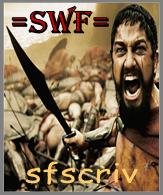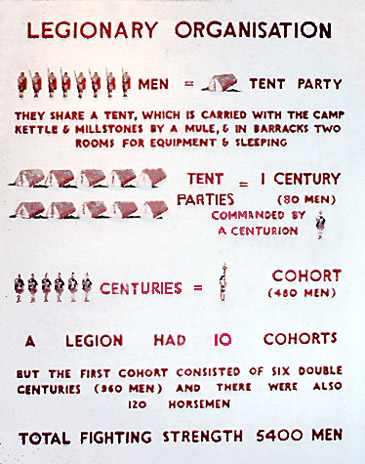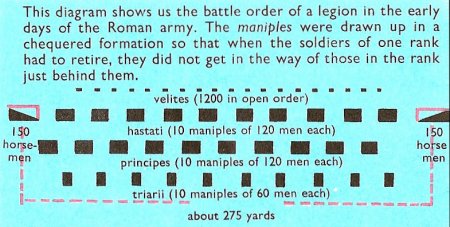Post by sfscriv on May 5, 2013 9:04:33 GMT 1

Stratègos -
Lochagos -
Phylarch -
Hoplitè -
Paidískoi -
1194 BC to 1184 BC - Trojan War
776 BC - First Olymipics
550 BC to 371 BC - Spartan ground Dominance
476 BC to 404 BC - Athenian naval Dominance
352 BC to 336 BC - Philip of Macedonian
336 BC to 323 BC - Alexander The Great
Polemarchos - Senior military title in various ancient Greek city states. The title is derived from polemos (war) and archon (ruler/leader). In Athens, the Polemarchos was one of the nine archontes appointed annually.
The nine Archontes - There were the three functinoal areas civic, military, and religious affairs of the state. Eponymos archon (Civic leader); Polemarch (War Leader); Archon Basileus (Religious Leader); and the other six were the Thesmothetai (Judicial Officers).
The ten Strategoi - There was one elected representative per tribe and the office of Polemarch was rotated among them on a daily basis.
Gerousia - A council of leading elder Spartans
Lochagos - Used in the Greek language to mean "Captain". More precisely, it means "leader of a lochos" which was a tactical sub unit, a file, of Greek phalanx.
Phylarch - the elected commander of the cavalry provided by each of Athen's ten tribes
Hoplite - Citizen-soldiers of Ancient Greek city-states who were primarily armed as spearmen and fought in phalanx formation. The word "hoplite" derives from "hoplon" the type of the shield used by the soldiers. The term hoplite is used to denote any armored infantry.
Paidiskoi - Ages 17–19 became reserve members of the Spartan army
Agoge - The rigorous education and training regimen mandated for all male Spartan citizens. The aim of the system was to produce physically and morally strong males to serve in the Spartan Army.





